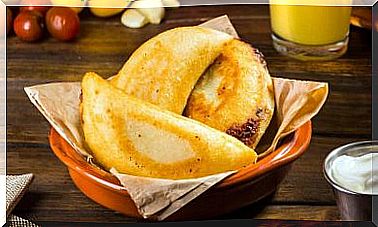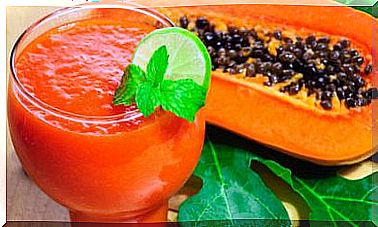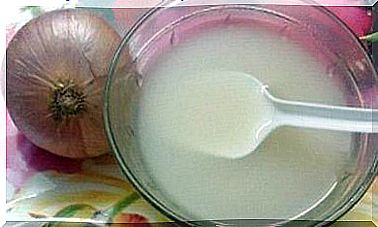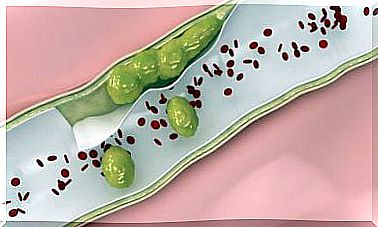Are All Virgin Oils Healthy?
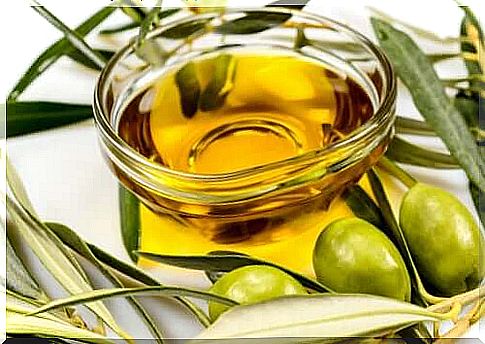
Virgin olive oils are among the best oils we can consume, as several studies have shown that they contribute positively to health. However, not all virgin oils are the same; there are different qualities that must be taken into account when choosing this product in the market.
Next, we’ll explain which varieties of virgin oils you can find and their nutritional differences. Be sure to put what you learn into practice the next time you go to the supermarket.
Healthy Qualities of Virgin Olive Oils
Virgin oils are obtained from the fruit of the olive tree by mechanical or physical processes under conditions, mainly thermal, which do not cause any type of alteration.
Olive oil is a fundamental element in the Mediterranean diet. Numerous studies show how virgin olive oil, especially extra virgin olive oil, helps prevent cardiovascular disease thanks to its omega-3 fatty acid content.
Thanks to its nutritional composition, it also helps to prevent:
- Hypertension.
- Diabetes.
- Obesity.
- Cancer.
- Oxidation of the skin.
- In pregnancy, it improves the fetal state.
Nutritional composition of virgin oils
The main nutritional properties of virgin oils come from their high oleic acid content. Furthermore, its ratio of linolenic acid to alpha-tocopherol (vitamin E) is dietaryally much more balanced than that of seed oils.
The composition of an oil presents certain variations depending on its origin, olive variety and quality. Virgin olive oil is 99% composed of a mixture of saturated and unsaturated fatty acids; the remaining 1% includes minor components.
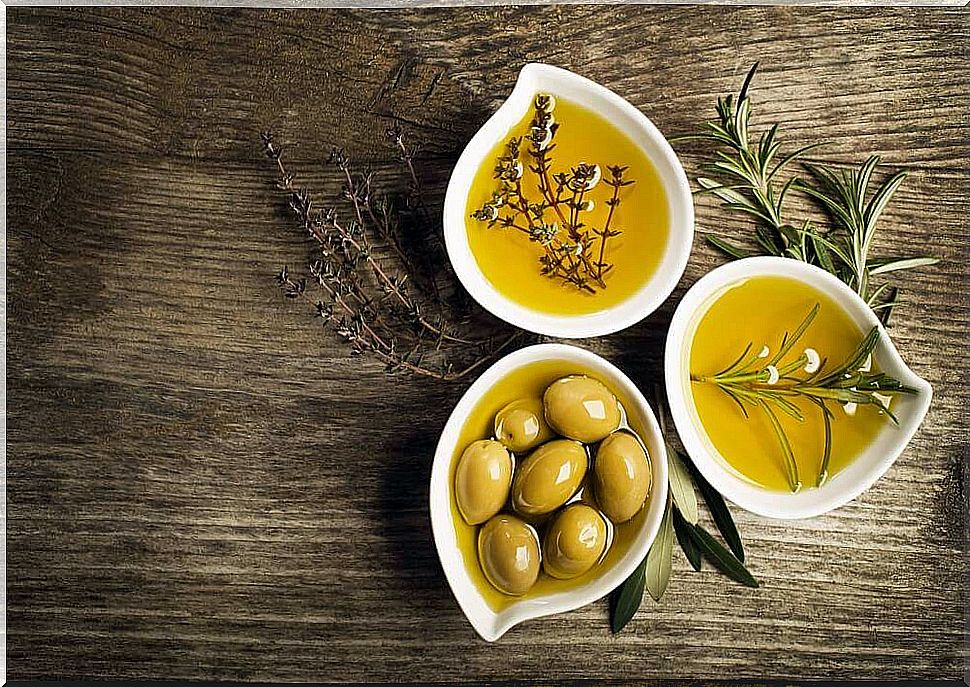
Phenols
In this 1% are the phenols. They are antioxidant compounds responsible for the healthy properties of virgin and extra virgin oils, as well as their organoleptic properties and oxidative stability.
Phenols have beneficial effects on certain physiological parameters, such as plasma lipoproteins, oxidative stress, inflammatory markers and antimicrobial activity, according to a study published in Critical Reviews in Food Science and Nutrition.
Several factors, which we will see below, can influence the concentration of phenols in virgin olive oil. Therefore, not all virgin oils are equally healthy.
How do various factors affect the quality of virgin oils?
The phenolic content depends on factors such as the olive variety, the agronomic conditions, the production process and the storage conditions of the final product.
The variety of olives
There are numerous varieties of olives, but there are some varieties more widely available for healthy olive oil production, such as Picual, Hojiblanca, Picuada or Cornicabra.
Agronomic conditions
One of the most important factors is irrigation. Phenolic compounds are formed in fruit in response to stress conditions. Therefore, the water stress promotes the accumulation of phenols in fruit and finally the oil.
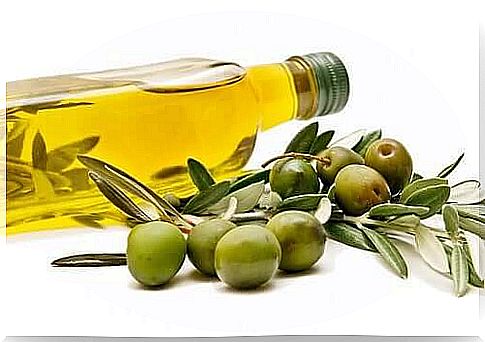
Production process
Monitoring the production process is essential, as any error before, during or after harvesting can reduce the content of phenolic compounds.
You must be especially careful with:
- Protection of fruit in the field against pests and diseases.
- Optimum harvest time associated with the appropriate maturity index.
- Maximum hygiene.
- Use of low temperatures in the extraction process.
- Climatology during the collection period.
conservation
Virgin olive oil is a product in continuous evolution. The best way to ensure its stability over the months is to avoid exposure to light and high temperatures. Even if we keep it in good condition, the phenolic content decreases over time.
What is the difference between virgin and extra virgin olive oil?
Both virgin and extra virgin olive oil are of high quality. They are made 100% from the juice of the olives, but extra virgin is a superior quality oil, obtained from olives at their optimum time of maturation, and only by mechanical processes. The virgin undergoes some degradation in the obtaining process.
Another difference is its degree of acidity, as extra virgin has a minimum degree of acidity, less than 0.3º, while virgin does not exceed 2º.
Therefore, in terms of nutritional composition, extra virgin is of superior quality to virgin.
